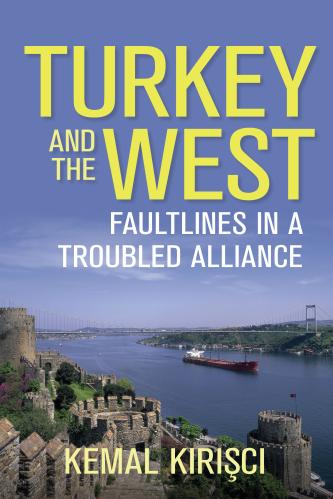

10:30 am EDT - 12:00 pm EDT
Past Event
10:30 am - 12:00 pm EDT
1775 Massachusetts Avenue N.W.
Washington, DC
20036
Watch the recorded video at C-SPAN.org.
Turkey’s relations with the United States and the European Union are under significant strain, and they are likely to remain difficult ahead of Turkey’s parliamentary and presidential elections, scheduled for 2019. Ankara and Washington remain at loggerheads over the way forward in Syria; several EU member states have been calling for an end to the accession process; and Turkey’s domestic politics are raising further questions about Turkey’s place in the trans-Atlantic alliance.
Yet, there is much at stake: Turkey is facing threats from terrorism, struggling to manage 3.5 million Syrian refugees, and dealing with the aftermath of a failed coup. Europe and the United States have shared interests in addressing regional challenges with Turkey, especially as Russia seeks to expand its influence in the region. So how should the West handle this important but challenging ally?
The Brookings Institution has recently produced several publications on Turkey’s changing relations with the West, including the book “Turkey and the West: Fault Lines in a Troubled Alliance” (Brookings Institution Press, 2017) by Kemal Kirişci, “The West’s Turkey Conundrum” by Amanda Sloat, and “Germany and Turkey: The unavoidable partnership” by Stephen F. Szabo. Drawing on these publications’ conclusions, the Center on the United States and Europe (CUSE) hosted a panel discussion on Monday, March 26 on the future of Turkey’s relationship with the West. Kirişci, Sloat, and Szabo were joined by Eric Edelman, the Robert Hertog Distinguished Practitioner-in-Residence at John Hopkins School of Advanced International Studies (SAIS) and former U.S. ambassador to Turkey. Lisel Hintz, Assistant Professor of International Relations and European Studies at SAIS, moderated the discussion.
Following the discussion, panelists took questions from the audience.
Related Content

Kemal Kirişci
December 12, 2017
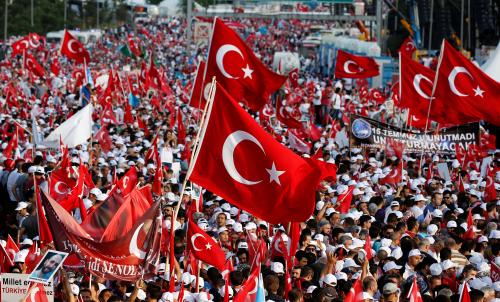
Amanda Sloat
February 12, 2018
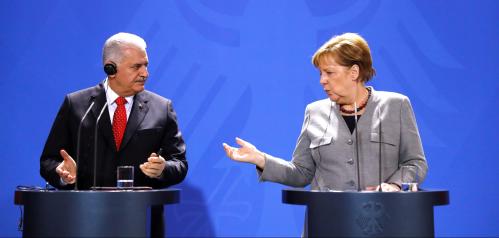
Stephen F. Szabo
March 23, 2018
Moderator
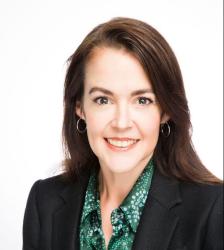
Panelist
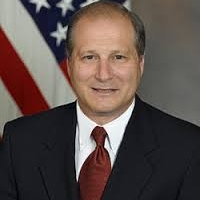


Aslı Aydıntaşbaş
April 2, 2024
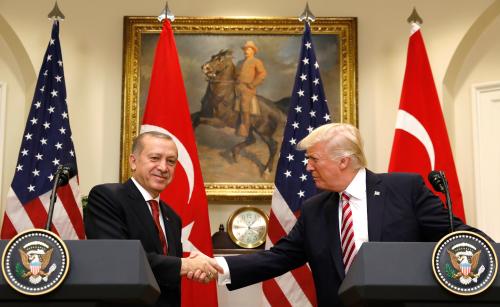
Aslı Aydıntaşbaş
January 28, 2024
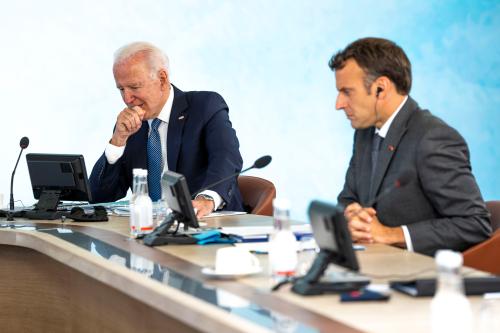
October 21, 2021